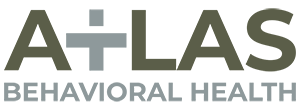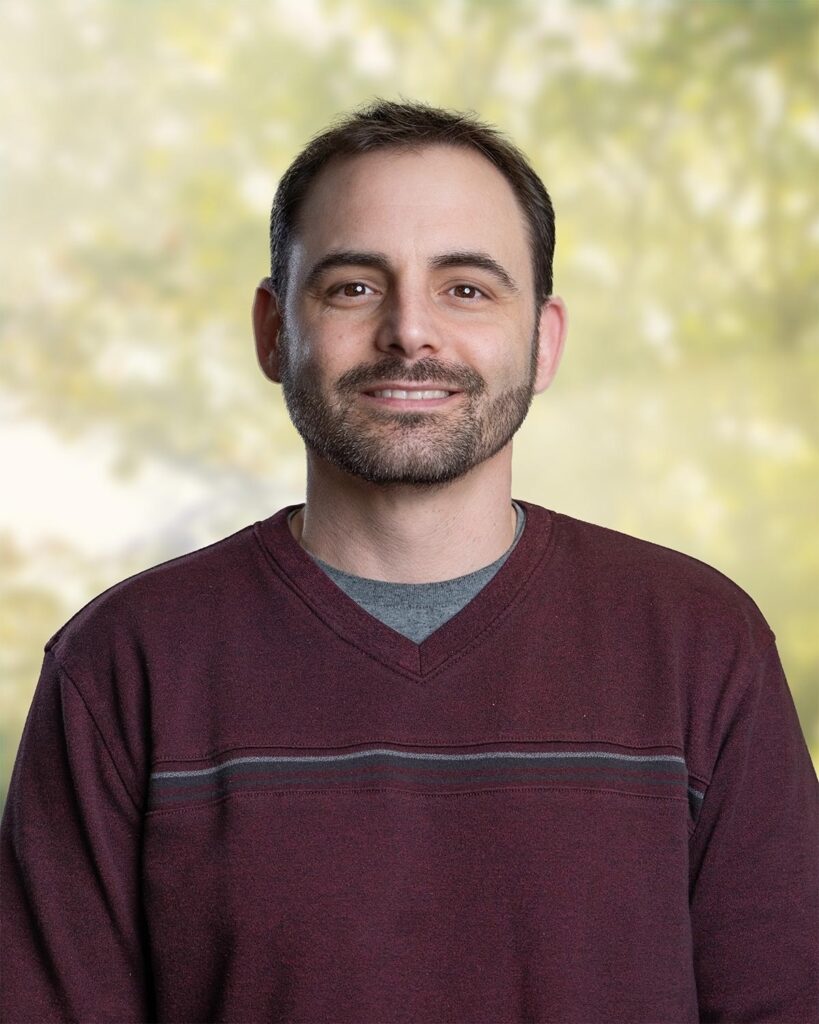Narcan, also known as naloxone, is a medication used to reverse opioid overdoses. It is a lifesaving tool in emergencies. But does Narcan work if someone is overdosing on alcohol?
The simple answer is no. Narcan is effective only for opioid overdoses. It does not work for alcohol poisoning.
In this article, we will explain how Narcan works, why it cannot help in alcohol-related emergencies, and what you should do if someone is drinking too much alcohol.
What is Narcan (Naloxone)?
Narcan, or naloxone, is a medication that reverses the effects of opioids. Opioids are a group of drugs that include heroin, fentanyl, and prescription painkillers. When someone overdoses on opioids, it can cause their breathing to slow down or stop. This can be fatal if not treated quickly.
Narcan works by attaching to the same receptors in the brain that opioids affect. It blocks the opioids from having an effect on the brain.
This can restore normal breathing and save the person’s life. Narcan is usually administered through a nasal spray or injection. It can work very quickly, often within minutes. It is a vital tool for emergency responders and even ordinary people who might be around someone at risk of an opioid overdose.
However, Narcan is only effective for opioid overdoses. It does not work on alcohol or other substances. This is an important fact to understand, especially in an emergency where someone may be confused or might think Narcan can help with alcohol poisoning.
How Narcan Works
To understand how Narcan works, it’s helpful to know a bit about how opioids affect the body. Opioids bind to certain receptors in the brain. These receptors control important functions like breathing.
When too many opioids are taken, they can cause breathing to stop or slow down. This is often the main reason why opioid overdoses are fatal.
Narcan works by attaching to the same receptors in the brain. It has a stronger attachment to these receptors than opioids, so it pushes the opioids off. This allows the brain to start functioning normally again, and it helps the person breathe properly.
Narcan can take effect within minutes. It can reverse the overdose quickly enough to prevent death in some cases.
But alcohol works differently in the body. Alcohol doesn’t affect the opioid receptors in the brain. Instead, it affects other systems, such as the central nervous system, and slows down functions like breathing and heart rate. Because of this, Narcan cannot help reverse the effects of alcohol poisoning.
Narcan’s Effectiveness in Treating Overdose
Narcan has proven to be incredibly effective in treating opioid overdoses. In many cases, it can save lives by reversing the respiratory failure caused by opioids. For people who are at high risk of an opioid overdose, having Narcan available can be life-saving.
In fact, Narcan has become widely used in communities and by first responders due to the growing opioid crisis. Many people who are at risk of overdose, or their loved ones, carry Narcan to use in emergencies. When used properly, Narcan has been shown to reduce the number of deaths caused by opioid overdoses.
However, Narcan is not effective for alcohol overdoses. Alcohol poisoning occurs when someone drinks large amounts of alcohol in a short period of time. This can cause a person’s breathing to slow down, and they may even lose consciousness.
But Narcan does not affect alcohol poisoning. The only way to treat alcohol poisoning is through medical intervention.
Alcohol Overdose vs. Opioid Overdose
Alcohol and opioid overdoses have some similarities, but they are also very different. Both can lead to life-threatening consequences, such as respiratory failure, but they affect the body in different ways.
Alcohol poisoning happens when a person drinks more alcohol than their body can handle. It depresses the central nervous system, slowing down breathing, heart rate, and other vital functions.
Symptoms of alcohol poisoning include confusion, vomiting, slow or irregular breathing, and unconsciousness. If not treated promptly, alcohol poisoning can be fatal.
An opioid overdose, on the other hand, occurs when someone takes too many opioids, which slow down breathing and other vital functions. Symptoms of opioid overdose include slow or no breathing, blue lips or fingertips, and unresponsiveness.
Narcan can reverse an opioid overdose by restoring normal breathing. But it has no effect on alcohol poisoning because alcohol doesn’t interact with the same receptors in the brain.
It is important to recognize these differences, as the treatment for each overdose is different. Narcan can save lives in opioid overdose cases but is not a solution for alcohol poisoning.
Alternatives to Narcan for Alcohol Overdose
Even though Narcan can’t help with alcohol poisoning, there are other ways to help someone who is experiencing an alcohol overdose. If you suspect someone is suffering from alcohol poisoning, the first thing to do is call emergency services right away.
While waiting for help to arrive, there are a few things you can do. First, try to keep the person awake and alert if possible. If they are unconscious, make sure to turn them onto their side.
This will help prevent choking if they vomit. Do not try to make the person vomit, and don’t give them water, coffee, or any other drinks. These actions could be dangerous.
Emergency medical professionals are trained to treat alcohol poisoning. They may give the person intravenous fluids to rehydrate them, provide oxygen to help them breathe, and monitor their vital signs closely. In severe cases, they may use other medical treatments to reverse the effects of alcohol poisoning.
Can Narcan Be Used in Alcohol-Related Situations?
It is important to understand that Narcan cannot help in alcohol-related situations. Some people may mistakenly believe that Narcan can help in cases of alcohol poisoning because both alcohol and opioids can cause a person’s breathing to slow down. However, this is a misconception.
Narcan works only on opioid overdoses because it specifically targets opioid receptors in the brain. Alcohol affects the brain differently, so Narcan is not effective.
If you are in a situation where someone has consumed too much alcohol, the best thing you can do is call for medical help and monitor their condition until help arrives.
Relying on Narcan for alcohol poisoning could delay critical medical treatment and put the person’s life at risk. It is important to use Narcan only for opioid overdoses and to seek appropriate medical care for alcohol poisoning.
What to Do in Case of Alcohol Poisoning
If someone has consumed a large amount of alcohol and you believe they may be experiencing alcohol poisoning, it is important to act quickly. The first step is to call emergency services immediately. Time is critical, and the faster the person receives medical attention, the better their chances of recovery.
While waiting for help, try to keep the person awake. If they are unconscious, place them on their side to prevent choking. Do not give them food, drink, or attempt to make them vomit.
Keep track of their breathing and pulse, and be ready to give this information to emergency responders when they arrive.
Alcohol poisoning can be life-threatening, and medical professionals will be able to provide the necessary care to stabilize the person and prevent further harm.
Statistics on Alcohol and Opioid Overdoses
Understanding the seriousness of both alcohol and opioid overdoses can help raise awareness about the importance of proper treatment. According to the National Institute on Alcohol Abuse and Alcoholism, alcohol is a leading cause of accidental death in the United States.
Alcohol poisoning is a common problem, especially among young adults, and requires quick medical attention.
In contrast, opioid overdoses have become a major crisis in recent years. The Centers for Disease Control and Prevention (CDC) reports that over 70,000 people in the U.S. died from opioid overdoses in 2021 alone. This includes deaths from prescription painkillers, heroin, and synthetic opioids like fentanyl.
Both types of overdose are serious, but they require different interventions. Narcan can save lives in opioid overdoses, while alcohol poisoning requires medical attention.
Why Narcan is Important for Opioid Overdoses
Narcan has become a crucial tool in the fight against the opioid crisis. It is a simple, affordable, and effective medication that can reverse opioid overdoses and save lives. In many cases, it has made the difference between life and death.
As the opioid epidemic continues to affect communities across the United States, Narcan provides a powerful way to address overdose emergencies.
Narcan’s ability to reverse the effects of opioids quickly is what makes it so important. It can work within minutes, giving first responders and loved ones valuable time to get the person to a hospital or other medical care.
Public Education and Awareness Campaigns
As the opioid crisis continues to impact millions of people, public education is key. Many organizations are working to raise awareness about the importance of Narcan and how it can help prevent overdose deaths.
These campaigns provide information on how to use Narcan, where to get it, and why it is essential for people at risk of opioid overdose.
In addition, programs that focus on alcohol poisoning and how to respond are also vital. Educating the public about the signs of alcohol poisoning and the correct steps to take can save lives. By spreading knowledge, we can make sure people are prepared to respond quickly in emergencies.
What You Need to Remember
Narcan is a lifesaving medication for opioid overdoses, but it does not work for alcohol poisoning. Recognizing the differences between alcohol and opioid overdoses is critical for effective treatment.
While Narcan can reverse the effects of opioids, alcohol poisoning requires different medical interventions. Always seek professional help in cases of alcohol poisoning and opioid overdose to ensure the best chance for recovery.





